Auctions
The Gilded Interiors of One of Venice’s Most Opulent Renaissance Palaces Can Now Be Yours
Some 200 treasures from Palazzo Volpi are headed to Sotheby's Paris on February 28.
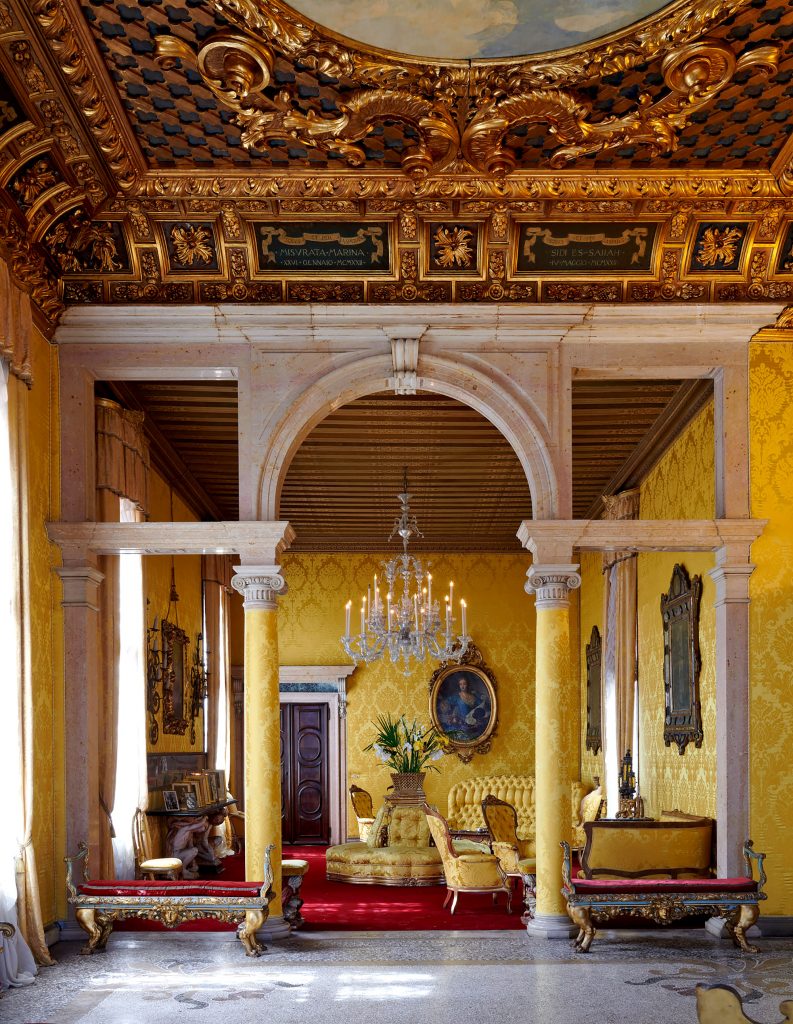
Some 200 treasures from Palazzo Volpi are headed to Sotheby's Paris on February 28.

Lee Carter

The remarkable treasures of the Palazzo Volpi—one of Venice’s most iconic palaces on the Grand Canal—are hitting the auction block. Ranging from ornate Venetian mirrors and an inlaid Japanese-style console to gilded side tables (with winged Venetian lions), some 200 opulent lots of furniture and artwork will be sold in a live auction by Sotheby’s Paris on February 28.
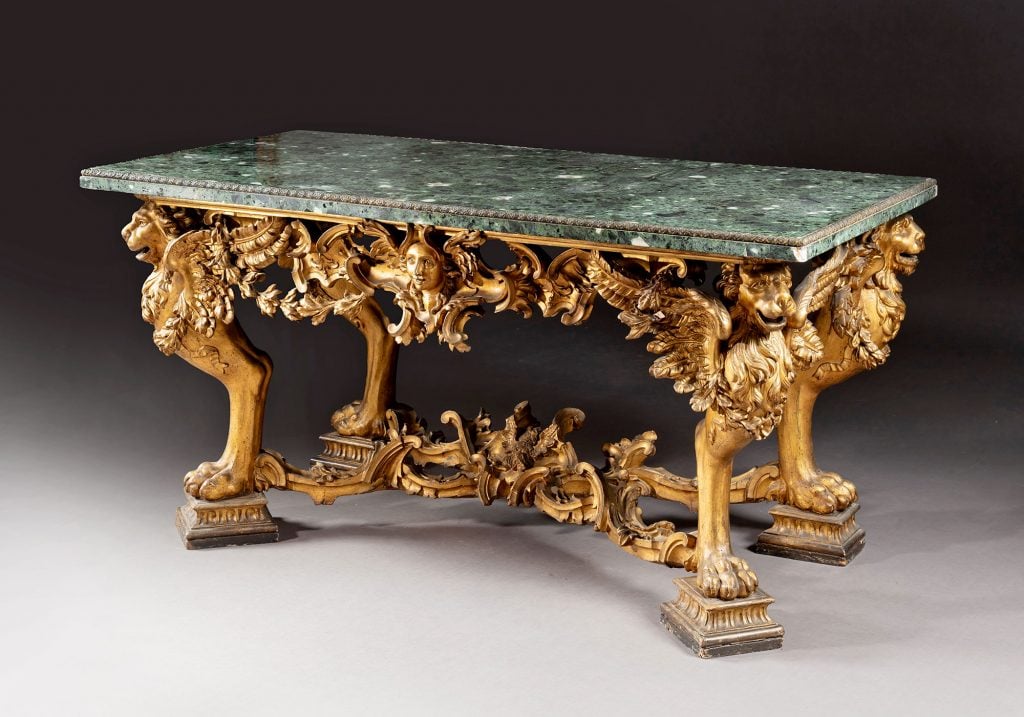
An Italian carved giltwood console table, Rome, mid-18th century. A pair is estimated to fetch $164,000–$328,000. Courtesy of Sotheby’s Paris.
Built in the 16th century, the Renaissance palace is said to have been visited by Michelangelo for the express purpose of gaping at its frescoes by Giovanni Antonio da Pordenone, which have since disappeared. The regal palace changed hands several times until it was acquired roughly 400 years later, in 1917, by Count Giuseppe Volpi di Misurata. It has remained in the Volpi family ever since.
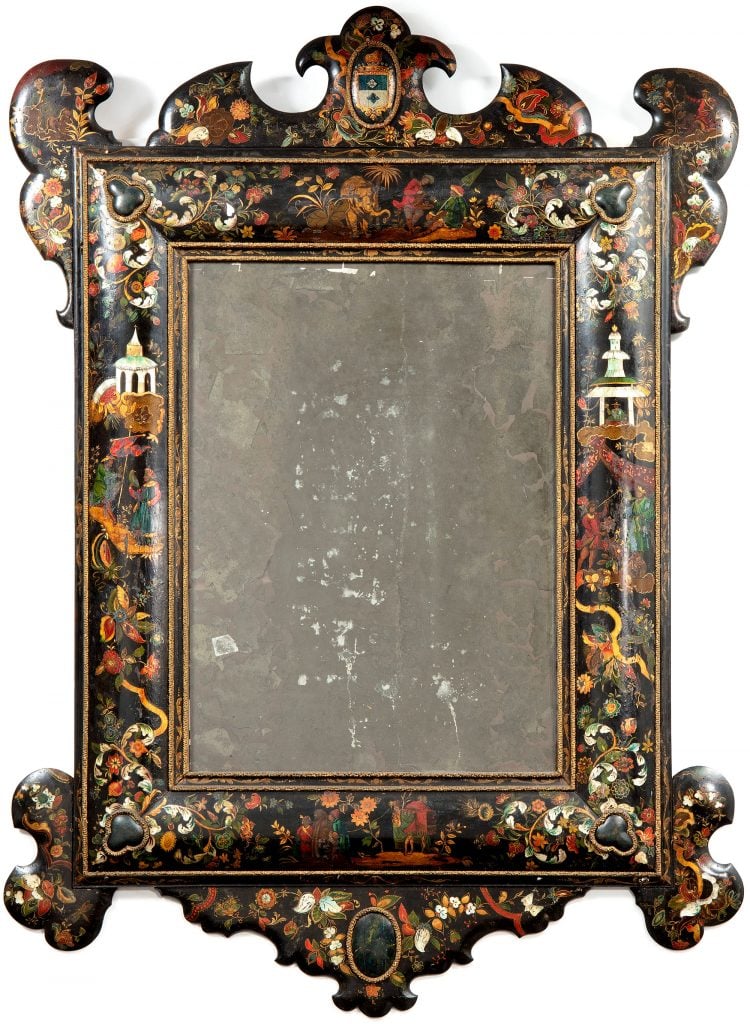
An Italian mother-of-pearl inlaid, polychrome japanned and ebonized pier mirror, Venice, ca. 1700 (est: $109,000–$219,000). Courtesy of Sotheby’s Paris.
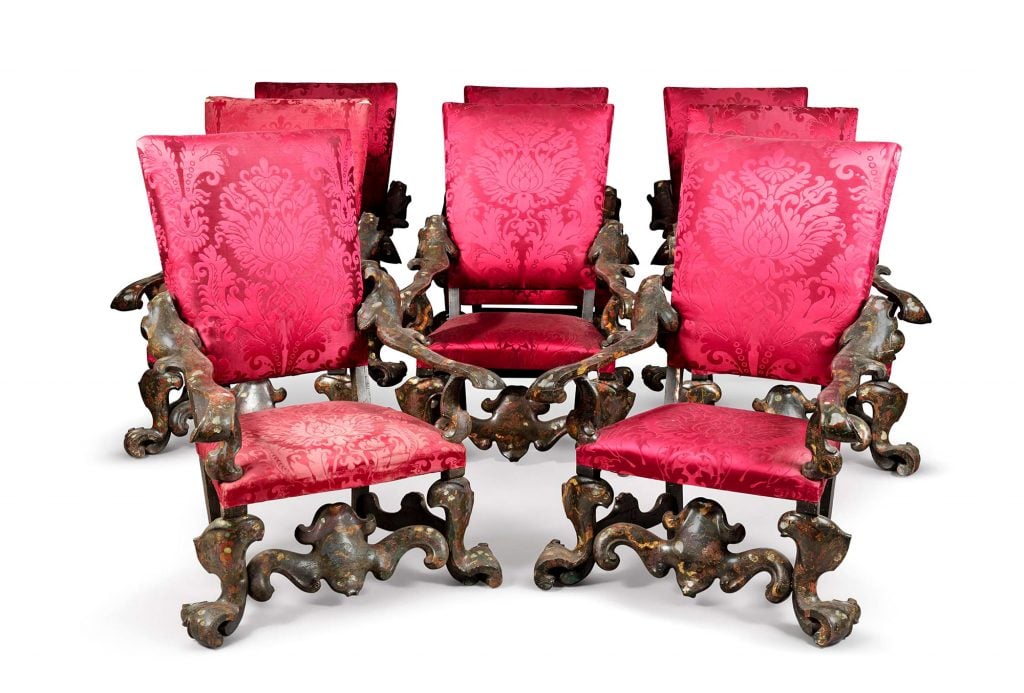
Four pair of Italian mother-of-pearl inlaid, polychrome lacquer and ebonized armchairs, Venice, ca. 1700. Courtesy of Sotheby’s Paris.
The auction will comprise furniture and works of art from the palace’s piano nobile, the main floor that contains the portego (drawing room), ballroom, and music room. The offerings will include ballroom banquettes, chandeliers, sopraporta (overdoors) in the style of 16th-century sculptor Jacopo Sansovino, and a set of 14 Venetian giltwood chairs. The more modern furnishings of French interior designer Stéphane Boudin—of Maison Jansen, the influential Paris-based design firm—will also be on offer.
Many of the items were acquired by Count Volpi himself, who found his fame and fortune as a politician, diplomat, and industrialist in the early 20th century. He’s credited with bringing electricity to Venice in 1903 and he oversaw the construction of Porto Marghera in the 1920s, a modern port across the lagoon on the mainland, removed from the island-city’s delicately serpentine canal system.
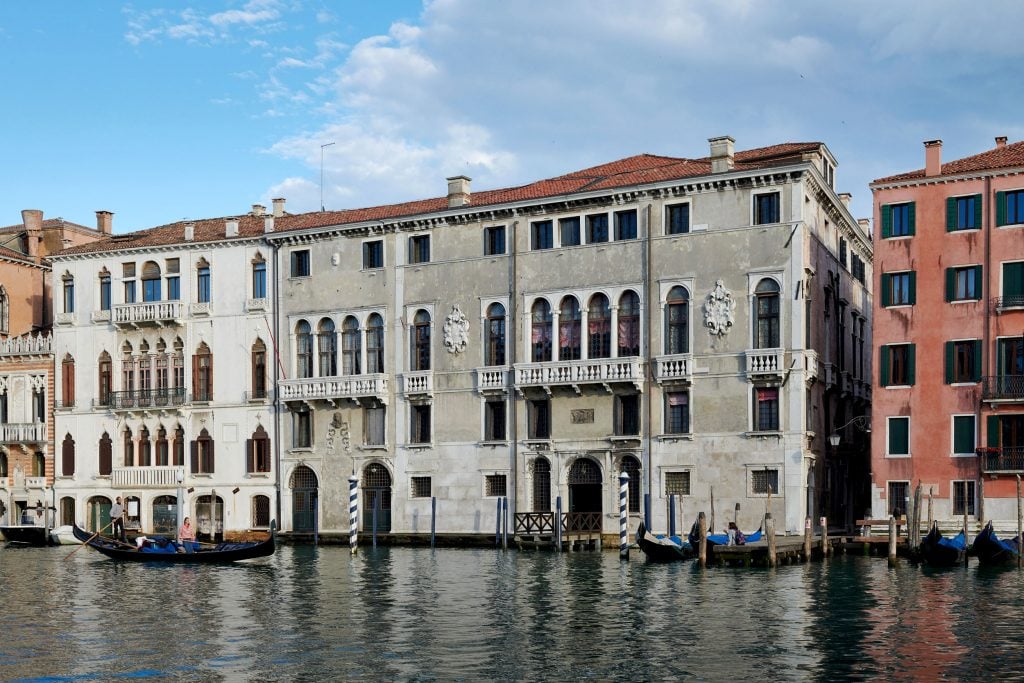
View of the Palazzo Volpi from the Grand Canal. Courtesy of Sotheby’s Paris.
The count is also remembered as a great patron of Venetian arts and culture, launching theater and dance biennales as well as the first international festival of music and poetry. His crowning achievement, however, was founding the Venice Film Festival (La Mostra) in 1932, the world’s first such film showcase and still among its most prestigious. The Volpi Cup prize for best actor and actress is named after him.
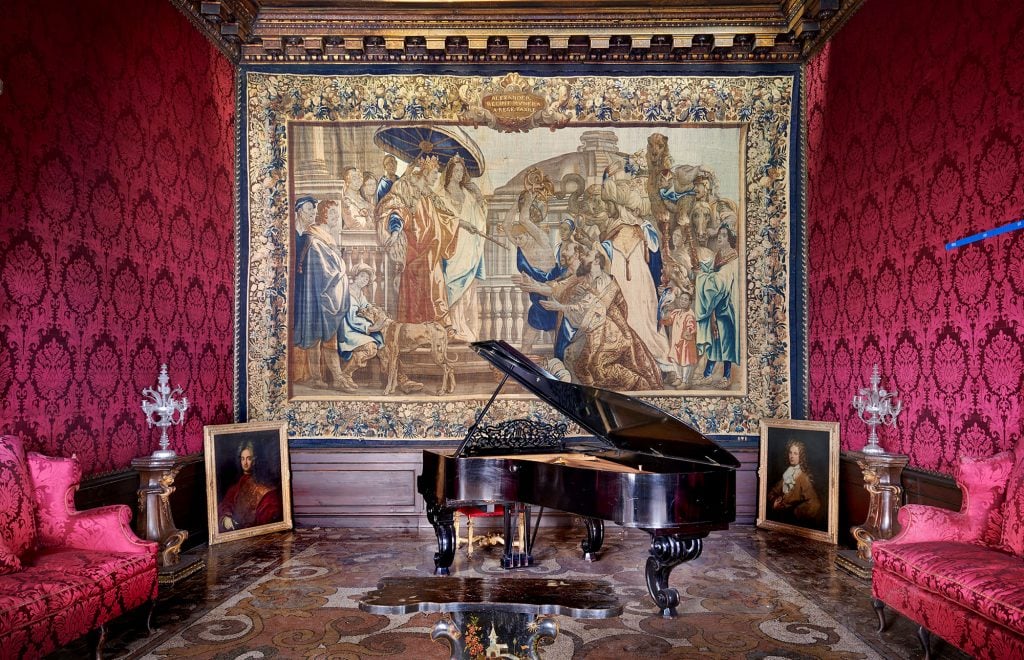
A tapestry depicting a scene from the life of Alexander the Great. Courtesy of Sotheby’s Paris.
Today, the palazzo is owned by Giuseppe’s son, Giovanni, former car-racing manager and Formula One team owner, although the family no longer lives in the space. “Palazzo Volpi has been the beating heart of Venice throughout the 20th century and beyond,” he said, “and we have had the privilege of sharing many memorable moments with our family and friends within its walls. [By] offering these works of art, we hope that a new generation of collectors will now enjoy [their] unique beauty and taste, and cherish these pieces as much as we did.”
Volpi’s granddaughter, through his daughter Countess Annamaria Volpi di Misurata, was Countess Marina Cicogna, who also followed a path in film, producing Luis Buñuel’s Belle de Jour—which, incidentally, won the Golden Lion at the Venice Film Festival in 1967. While it’s unknown whether Catherine Deneuve swooped into the Palazzo Volpi after attending the awards at the Palazzo del Cinema, plenty of stars have graced its opulent piano nobile, ranging from Josephine Baker and Jean Cocteau to Coco Chanel and the Duke and Duchess of Windsor. In later years, guests included Andy Warhol, Maria Callas, Elizabeth Taylor, Paul Newman, and Jack Nicholson. Only they, by dint of their celebrity, have ever laid eyes upon the gilded interiors of the palazzo.

Elizabeth Taylor enters the Palazzo Volpi during the Venice Film Festival. ©Volpi family archive.
“The Palazzo Volpi encapsulates the history of 20th-century Venice and stands as a testament to the vision of its patriarch—Giuseppe Volpi—who saw the Serenissima as a living city,” said the president of Sotheby’s France, Mario Tavella, in a statement. “It is a thrill to [be] entrusted by this wonderful family on the sale of this almost untouched collection, put together almost a century ago.”
See more images of the palace from the Volpi family archive:
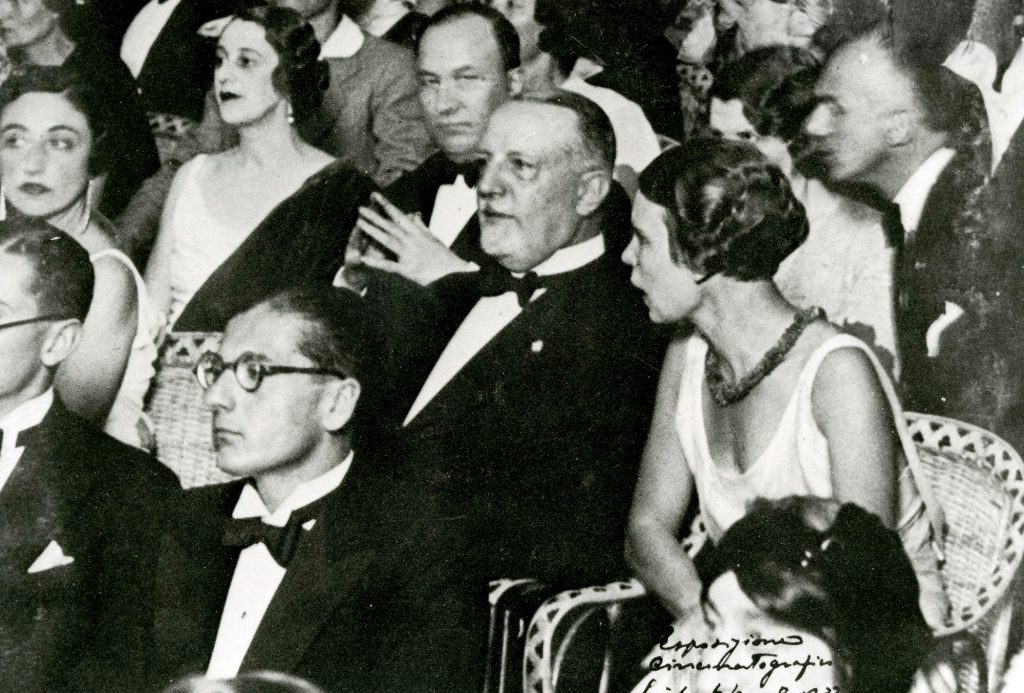
Count Volpi at the 1932 Venice Film Festival. ©Volpi family archive
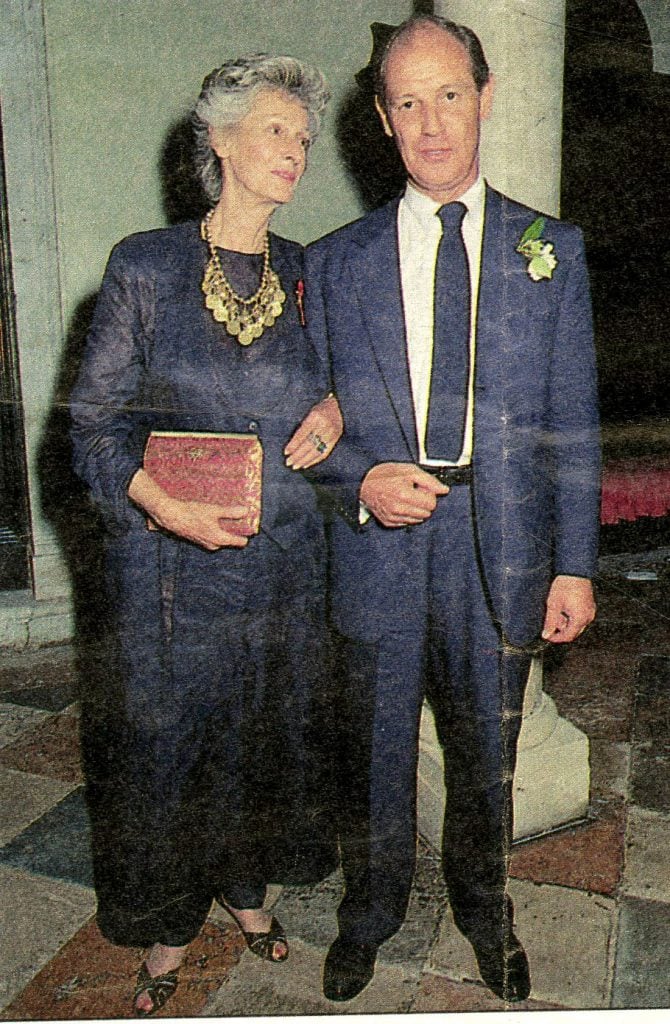
Count Volpi and Marella Agnelli, wife of Fiat tycoon Gianni Agnelli. ©Volpi family archive
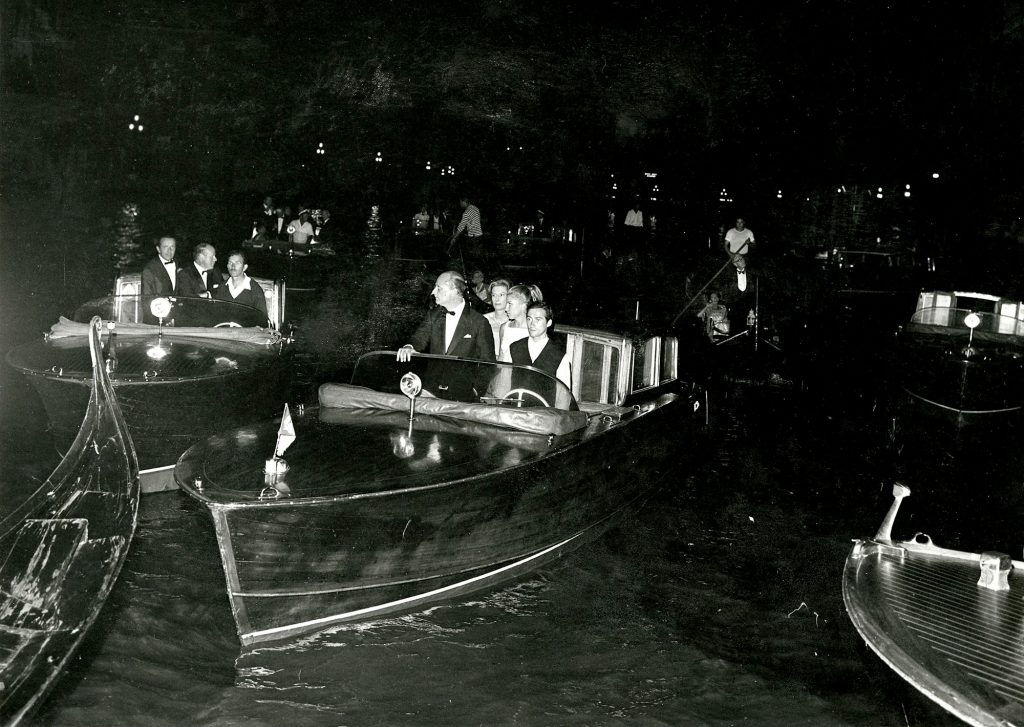
Guests arriving to the Palazzo Volpi by canal. ©Volpi family archive
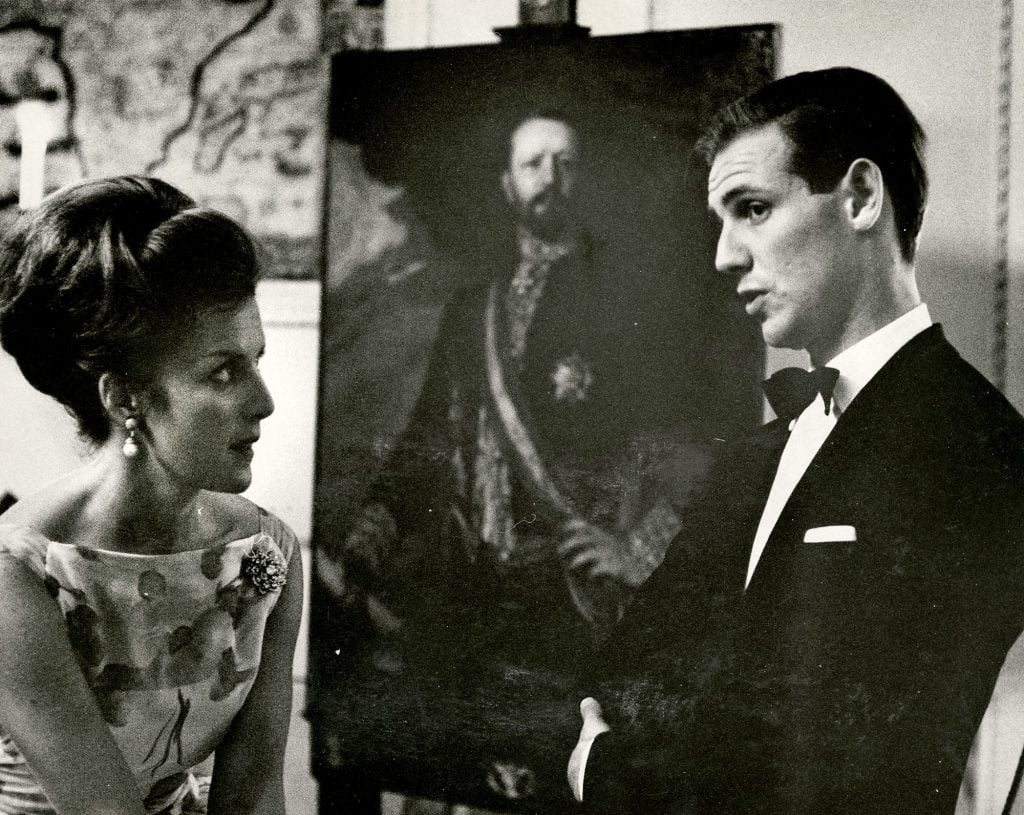
Countess Marina Cicogna Mozzoni and Count Giovanni Volpi in 1963. ©David Lees
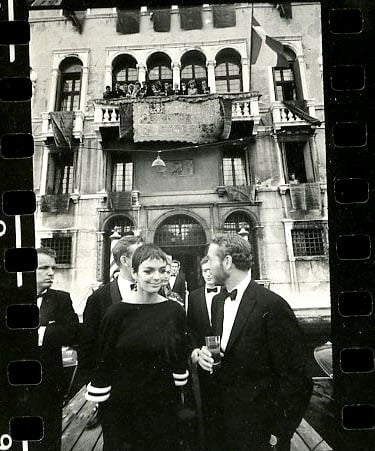
Actors Barbara Steele and Paul Newman. ©David Lees
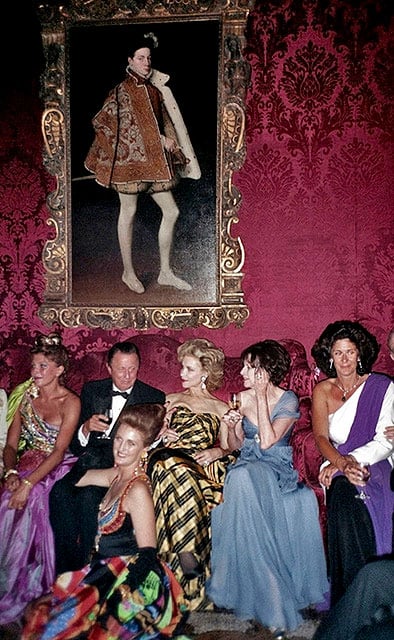
Swiss industrialist and art collector Baron Heinrich von Thyssen with the Baroness, their daughter, and other guests. ©Willy Rizzo
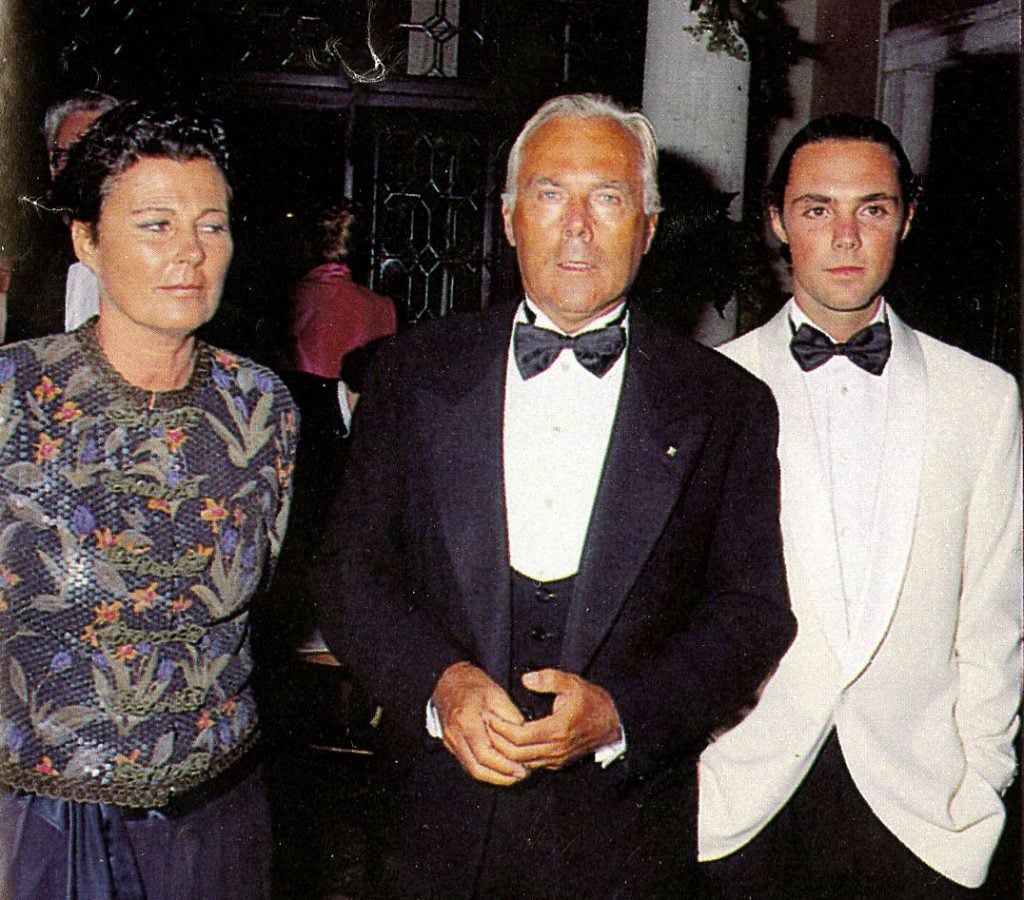
Fashion designer Giorgio Armani with his sister and grandson. ©U.Pizzi
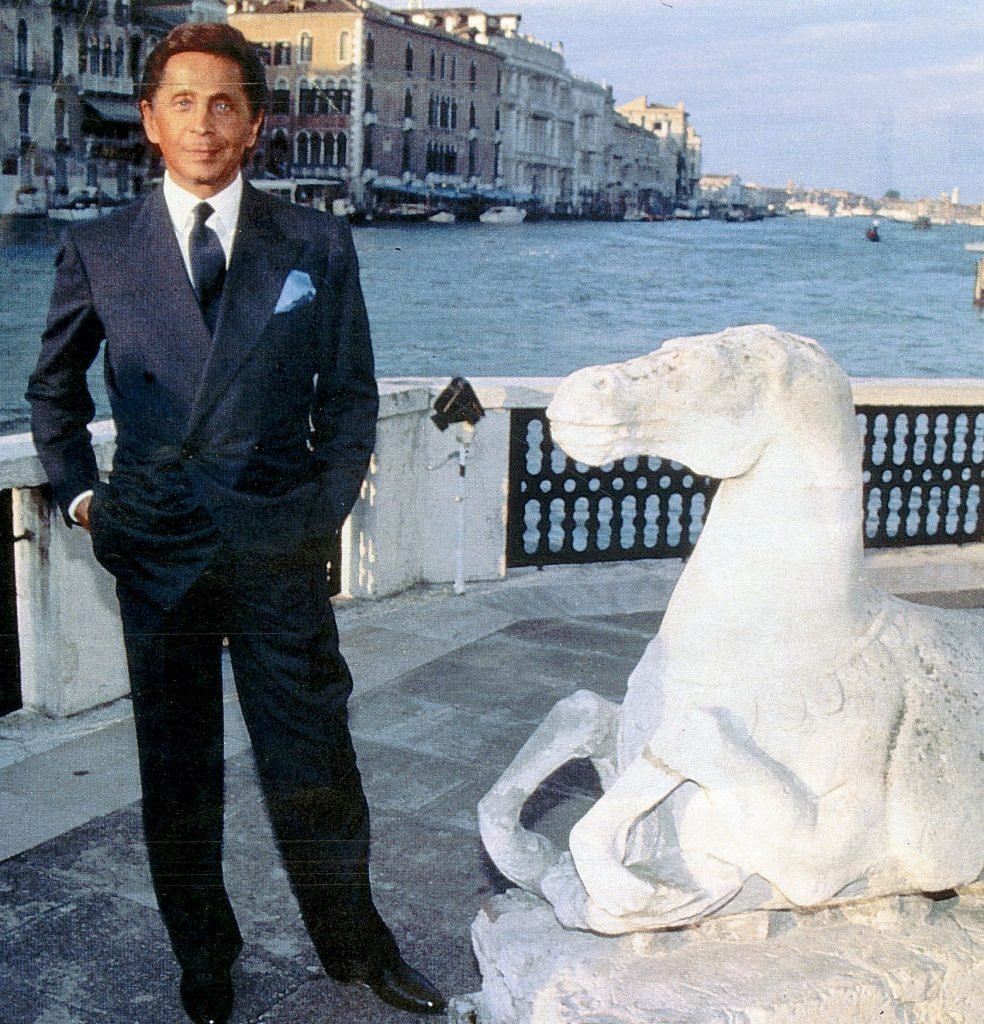
Fashion designer Valentino Garavani. ©Volpi family archive
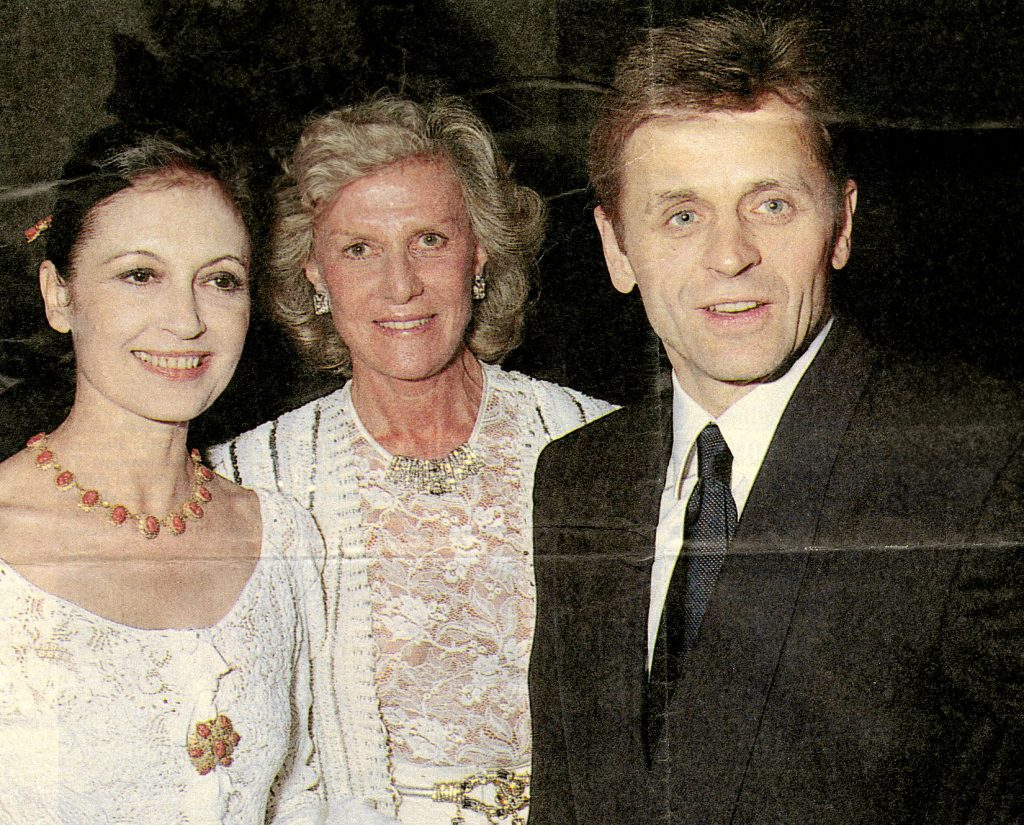
Mikhail Baryshnikov with Italian ballerina Carla Fracci and Countess Marina Cicogna. ©Pizzi-Giacomino